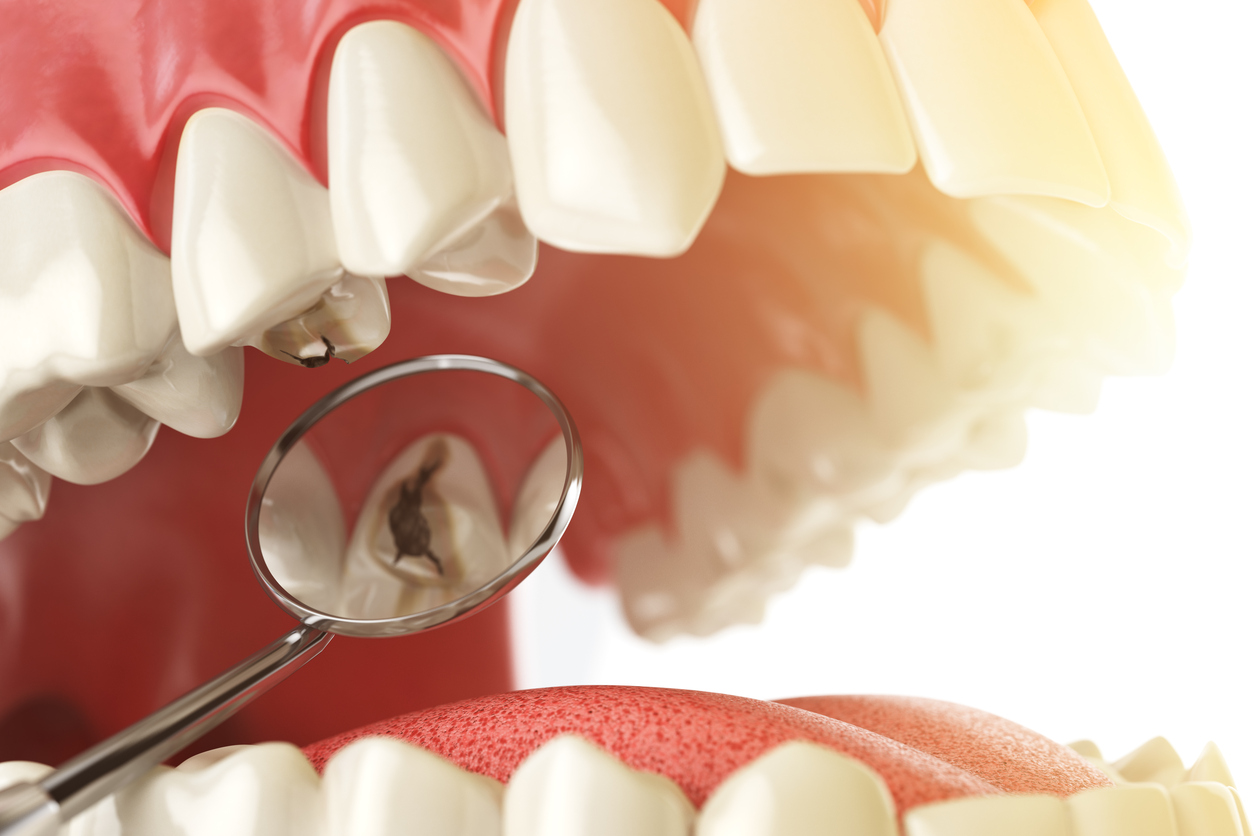According to the American Red Cross, the process of donating blood usually takes about 1 hour and 15 minutes. However, the actual blood drawing is much quicker. Drawing 1 pint of whole blood takes 8-10 minutes. A few factors influence this time, including the person's health and medical history. Donations that require a process called apheresis take longer typically about 1.5-2 hours. Apheresis is a process for filtering out specific components of the blood to donate, such as:
* platelets
* plasma
* red blood cells
* certain leukocytes, such as lymphocytes
The exact time for each of these procedures will vary, but it should not exceed a few hours. In both types of donation, the donor should also factor in time to fill out paperwork and spend some time relaxing after the donation to recover. Regardless of blood product, the average donor can expect to spend just an hour to a few hours from registration to recovery, and they can go on with their day from there.
(Credits: www.medicalnewstoday.com)


